
The economy is a trickier issue than the politics
Pro Helvetia opened its South African office in Cape Town in 1998, in the wake of the end of the apartheid regime, but moved to Johannesburg in February 2012. As it celebrates its 20th anniversary, it faces the challenge of expanding its operations in sub-Saharan Africa, and at the same time, coping with the economic constraints not just of the local artists but also of the cultural infrastructure.
In an interview with swissinfo.ch, Joseph Gaylard, head of the Johannesburg office, sees his job as a constant effort of mediation between the very different realities and mindsets of Switzerland and Africa. For this, he leads a team of five people, with a budget of CHF 622.000 for 2018.
swissinfo.ch: Do you have a clear “jurisdiction”, i.e., does Johannesburg also take part in Pro Helvetia ventures in other African countries?
Joseph Gaylard: Our formal jurisdiction is Southern Africa, which theoretically encompasses 15 countries, including on the outermost rim, Democratic Republic of Congo, Zambia, Tanzania, Malawi and Madagascar. And then from this year we start to explore a more sub-Saharan scope, exploring potential partners in Lagos, Dakar, Bamako, Accra, Nairobi, Addis and Douala.
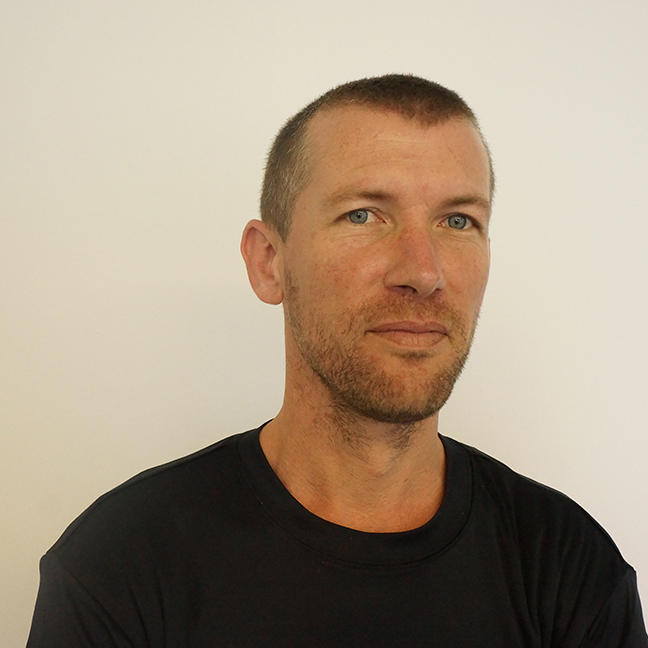
swissinfo.ch: South Africa is a democracy under construction; however, are there “no-go areas” for artists in general, and for Pro Helvetia actions in particular? Are there any constraints to projects because of political, economic or any other kind of pressure?
J.G.: There are clear economic constraints in the sense that there are very few partners that have means that would match those of Swiss partners, and this situation becomes even more pronounced once one moves outside of South Africa.
Where partners with substantial means do exist, they are still often part of a very ‘white’ South African economy and associated politics, or are connected to new elites, neither of which are generally joined to interesting or meaningful infrastructures in artistic or cultural terms. The possibilities for meaningful collaboration and interaction clearly lie elsewhere, though this also creates complexities related to the imbalance in resources between the two contexts.
In a general way, in the highly contested political terrain that is South Africa, there is finally a tremendous freedom within which people express themselves on a great variety of questions that are felt to be both urgent and consequential. For an institution like Pro Helvetia, representing the interests of European cultural agents, we of course need to engage with these issues in a thoughtful and considered way, and we avoid interjecting in an obtuse way.
Partly as a consequence of our autonomy from the diplomatic mission, and the fact that our staff are all locally recruited, our office has achieved a quite special and respected place in this ecology, where the relevance and quality of work continues to be a paramount consideration.
swissinfo.ch: What are the fields that work better in South Africa? And fields that do not work at all?
J.G.: Our programme has been strongly oriented towards music and the performing arts, and more recently the visual arts. In all of these areas there is work of exceptional quality in the region that can meet Swiss peers at eye level, and in which there can be meaningful exchange.
In the area of literature there has been less engagement in spite of the substantial literary field that exists in both contexts – this has been mostly due to the knowledge base and immediate networks of successive heads of the regional office. In a general way, across all of these areas we have to work hard to find relevant partners to host Swiss content, and wee tilt strongly towards facilitating collaborative work which is both more legible for local audiences, and more interesting for the artists involved than straightforward ‘export’ of work.
swissinfo.ch: What are your main goals for the next year or two?
J.G.: Build relationships with relevant partners in urban centres in the broader sub-Saharan African region. Develop and grow initiatives that involve collaborations between multiple liaison offices and Switzerland.
In the first instance we look to the anniversary year to generate new transversal possibilities for projects that connect Swiss artists and arts professionals to relevant networks and possibilities for collaboration that function between and across the three ‘anniversary’ regions – Johannesburg, New Delhi and Cairo.
swissinfo.ch: Can you point out the most successful projects Pro Helvetia Johannesburg supported, as well as the most problematic ones?
J.G.: There are some amazing collaborations in the jazz, electronic music and experimental theatre/dance field that we have facilitated and supported. These would be the most significant area of visible success.
It would be difficult to pinpoint a particularly problematic project, but these usually arise when partners between the profoundly different contexts of Switzerland and Southern Africa do not ‘find’ one another – these mismatches can happen for a great variety of reasons.
What is certain is that they are almost inevitable between contexts that are so profoundly different in so many ways. A core part of our job is to try and minimize the frequency and severity of these quite necessary moments of impasse or dissonance through thoughtful selections of artists and projects, while also taking good care in the facilitation and mediation of how these projects unfold.

Certificação JTI para a SWI swissinfo.ch
Mostrar mais: Certificação JTI para a SWI swissinfo.ch








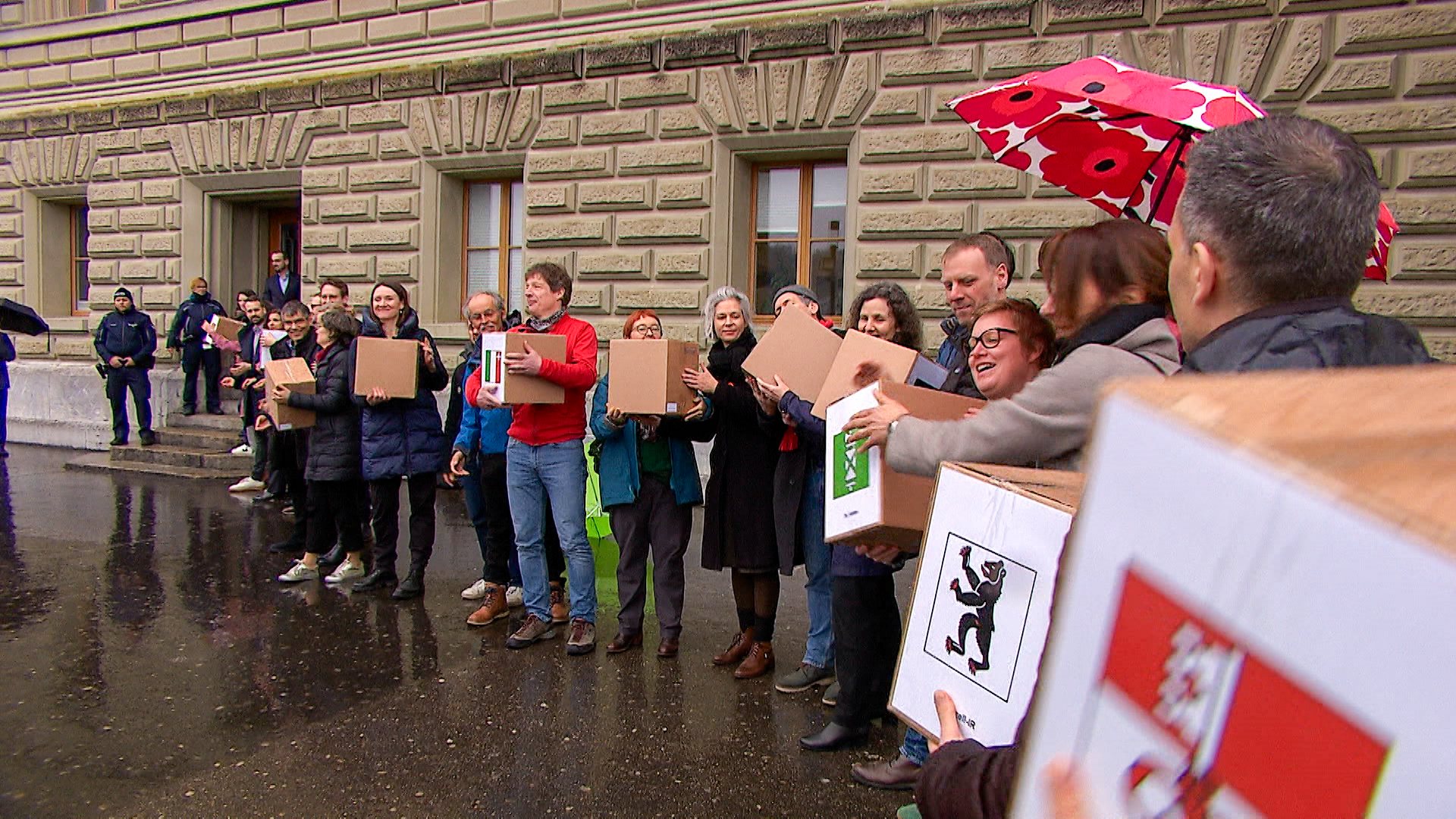














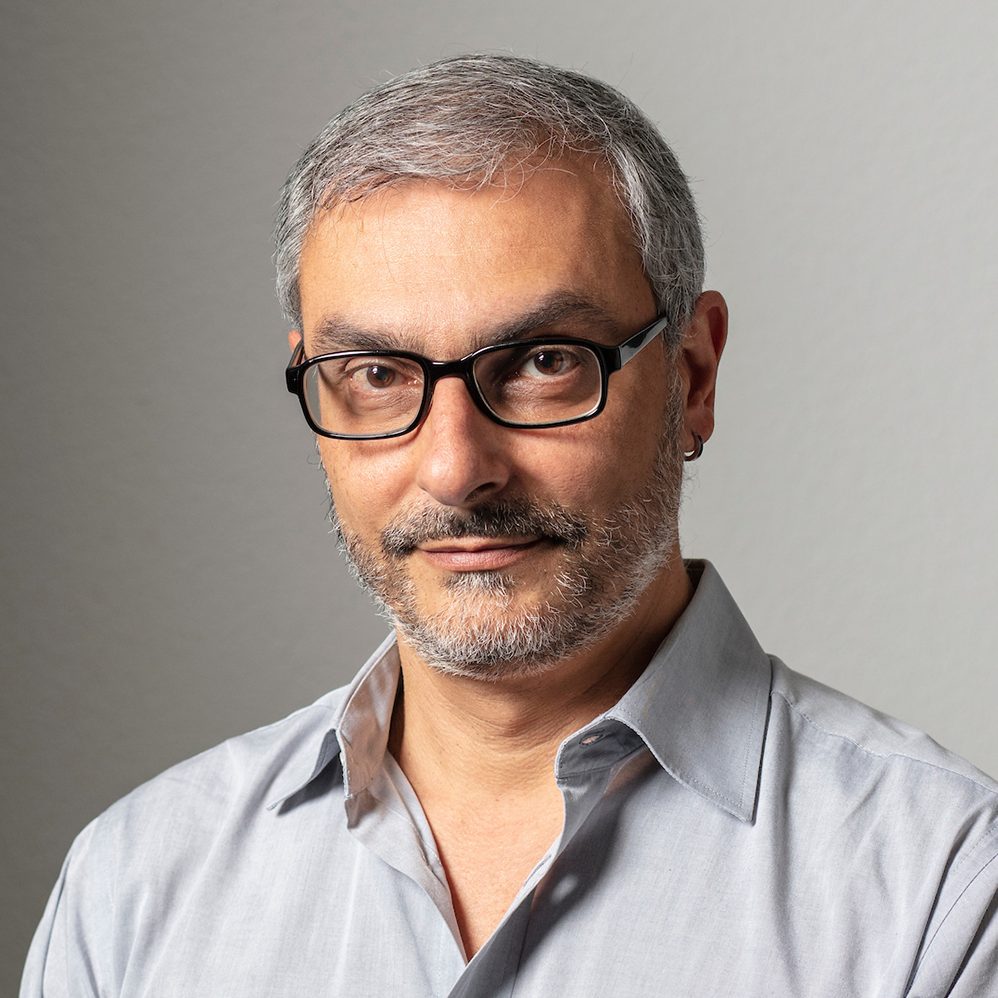
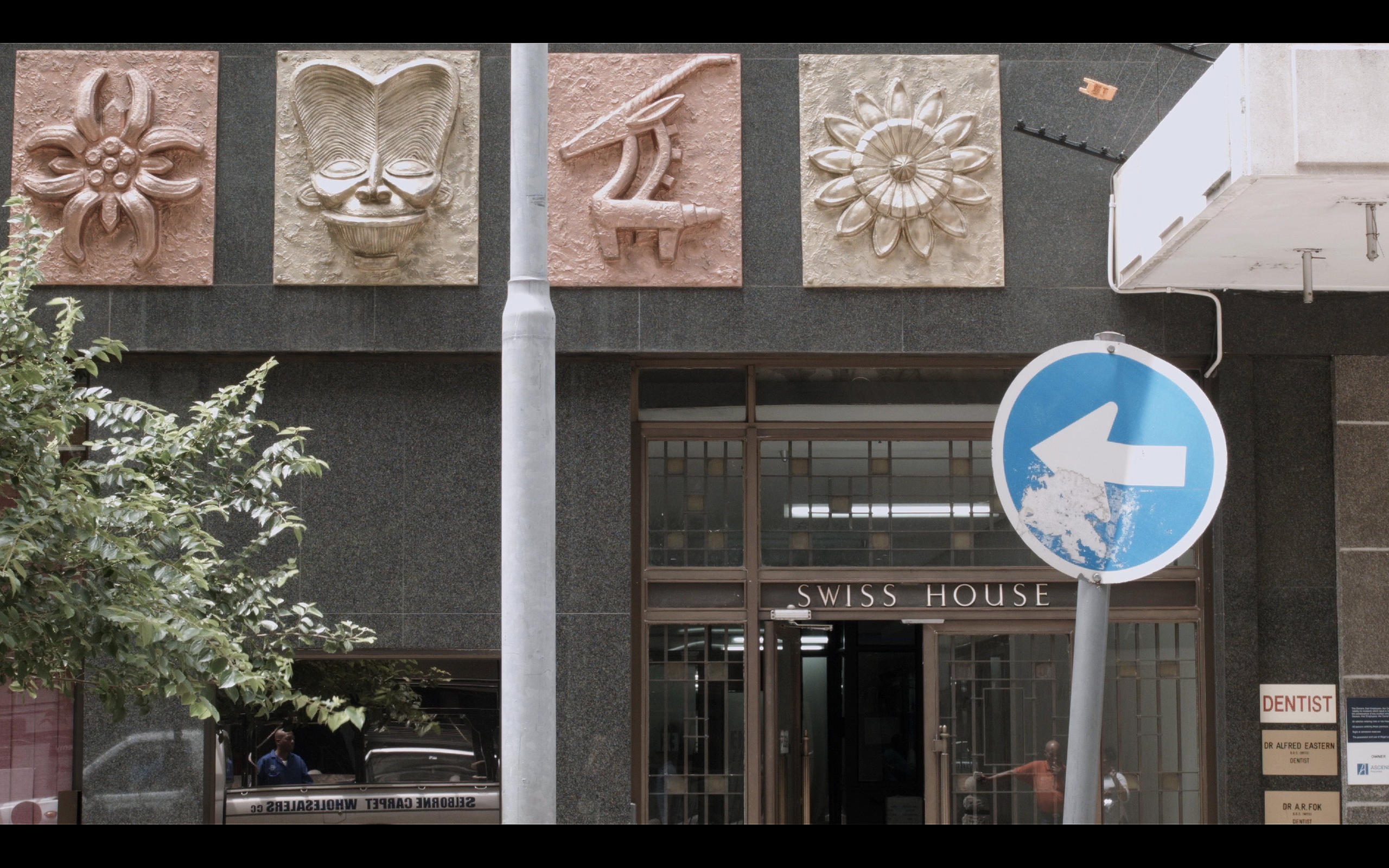
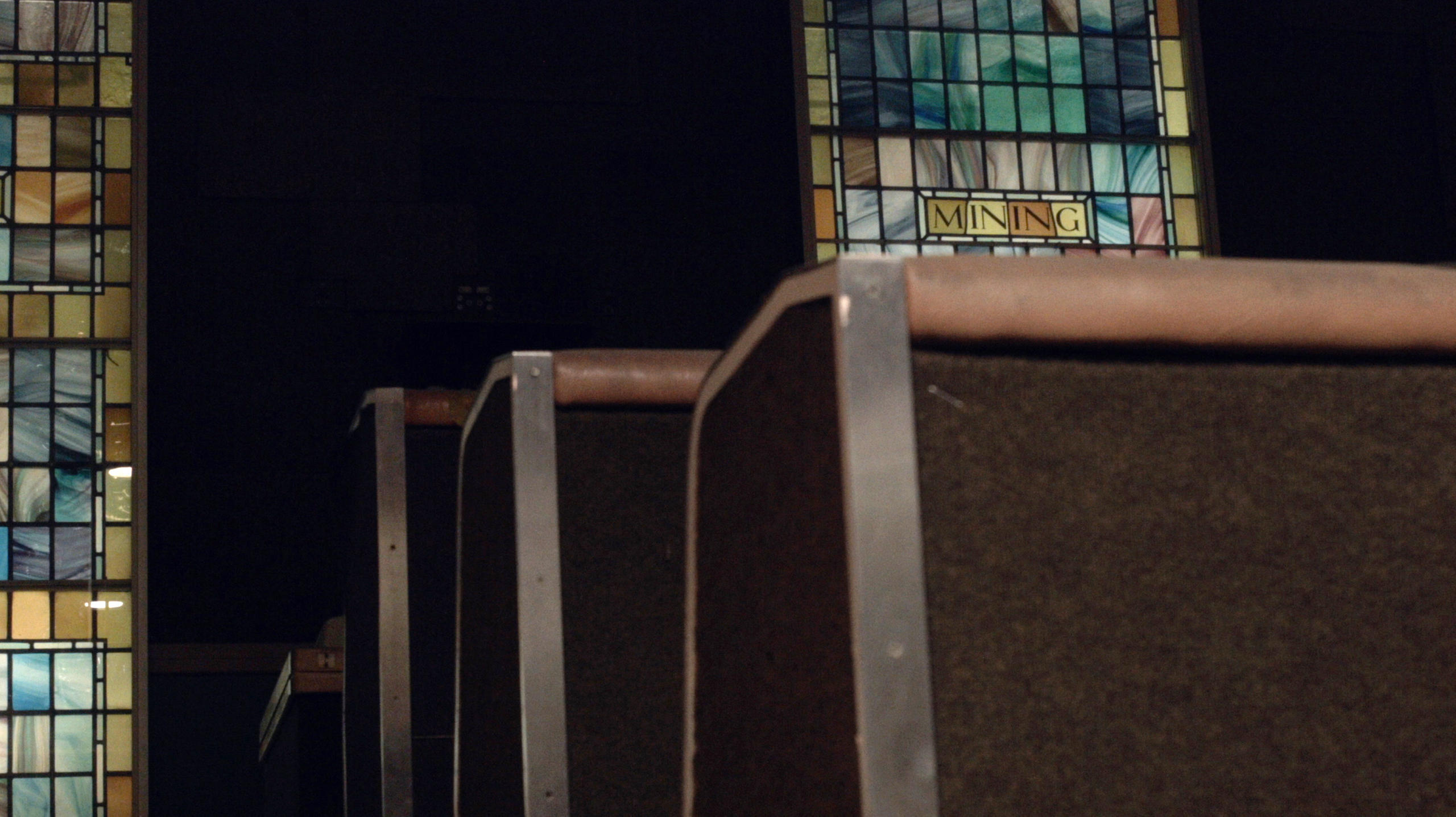

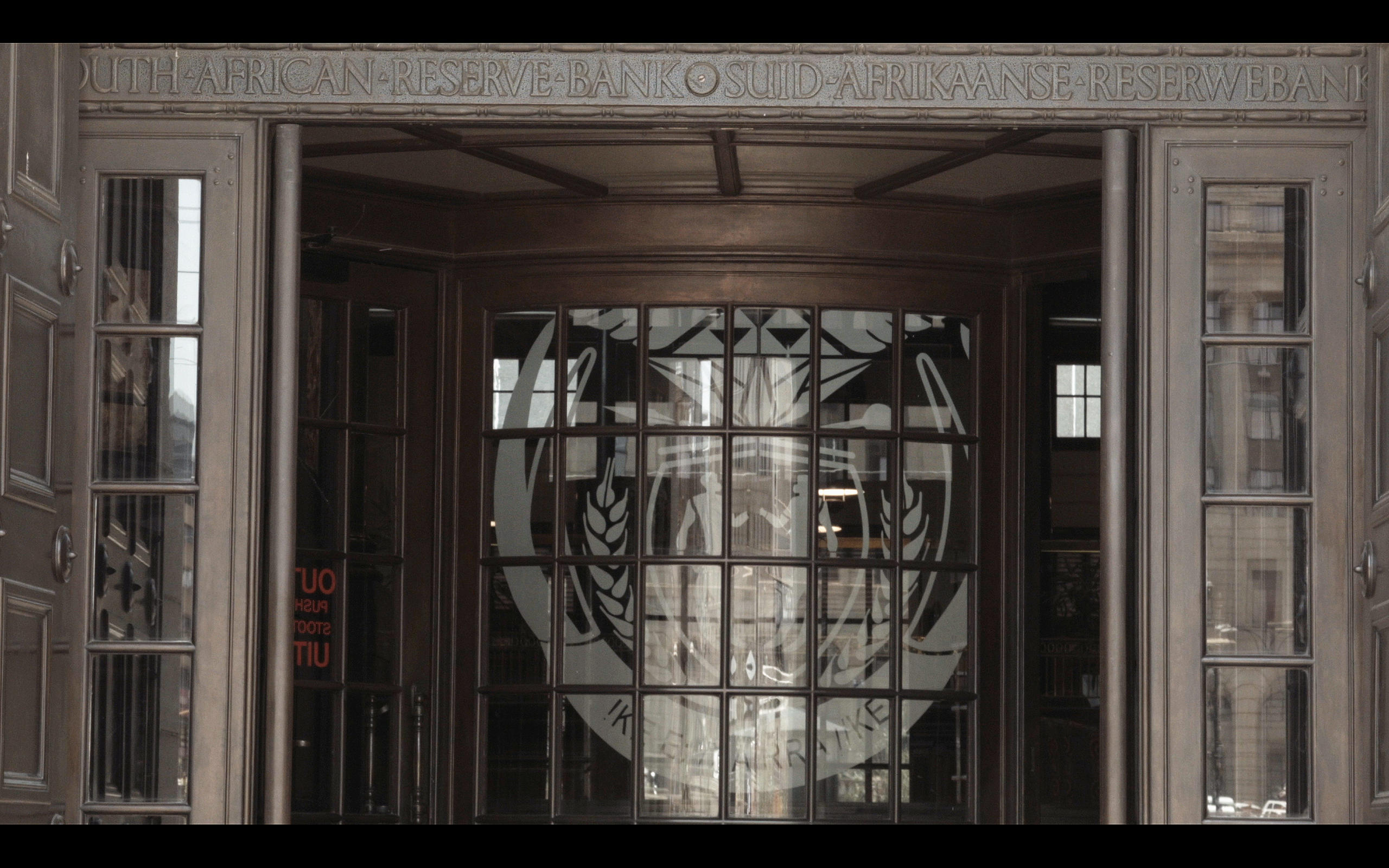
Veja aqui uma visão geral dos debates em curso com os nossos jornalistas. Junte-se a nós!
Se quiser iniciar uma conversa sobre um tema abordado neste artigo ou se quiser comunicar erros factuais, envie-nos um e-mail para portuguese@swissinfo.ch.